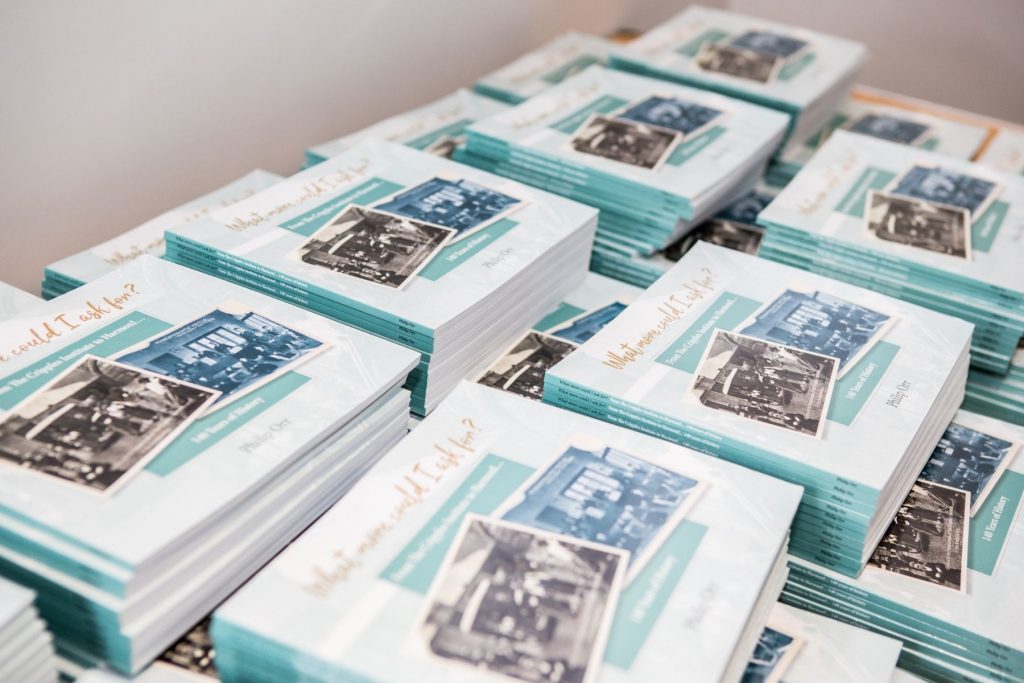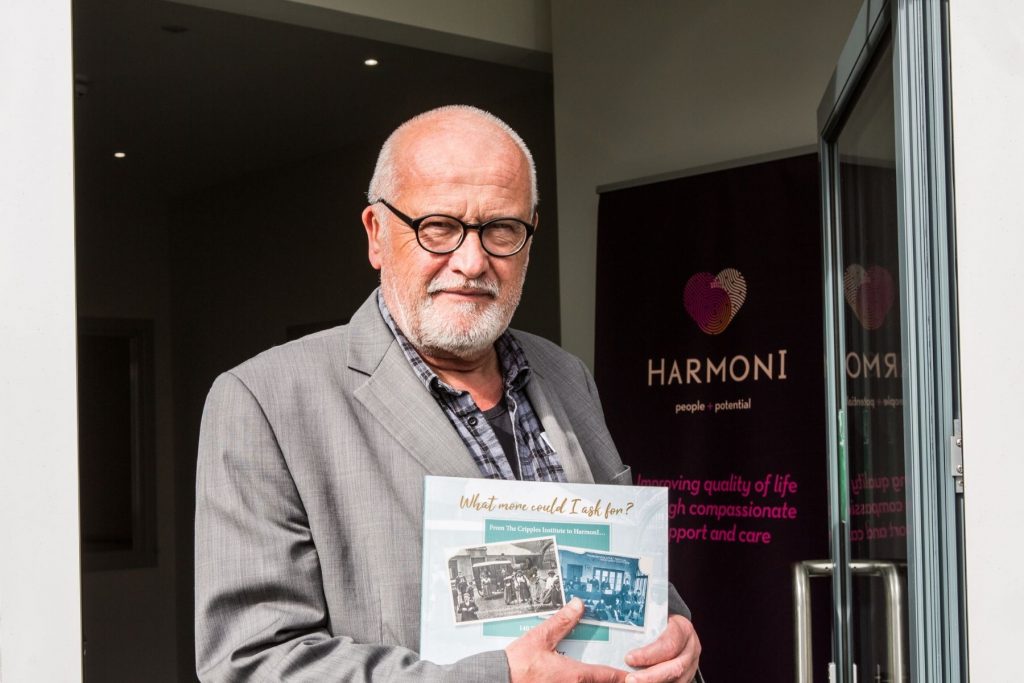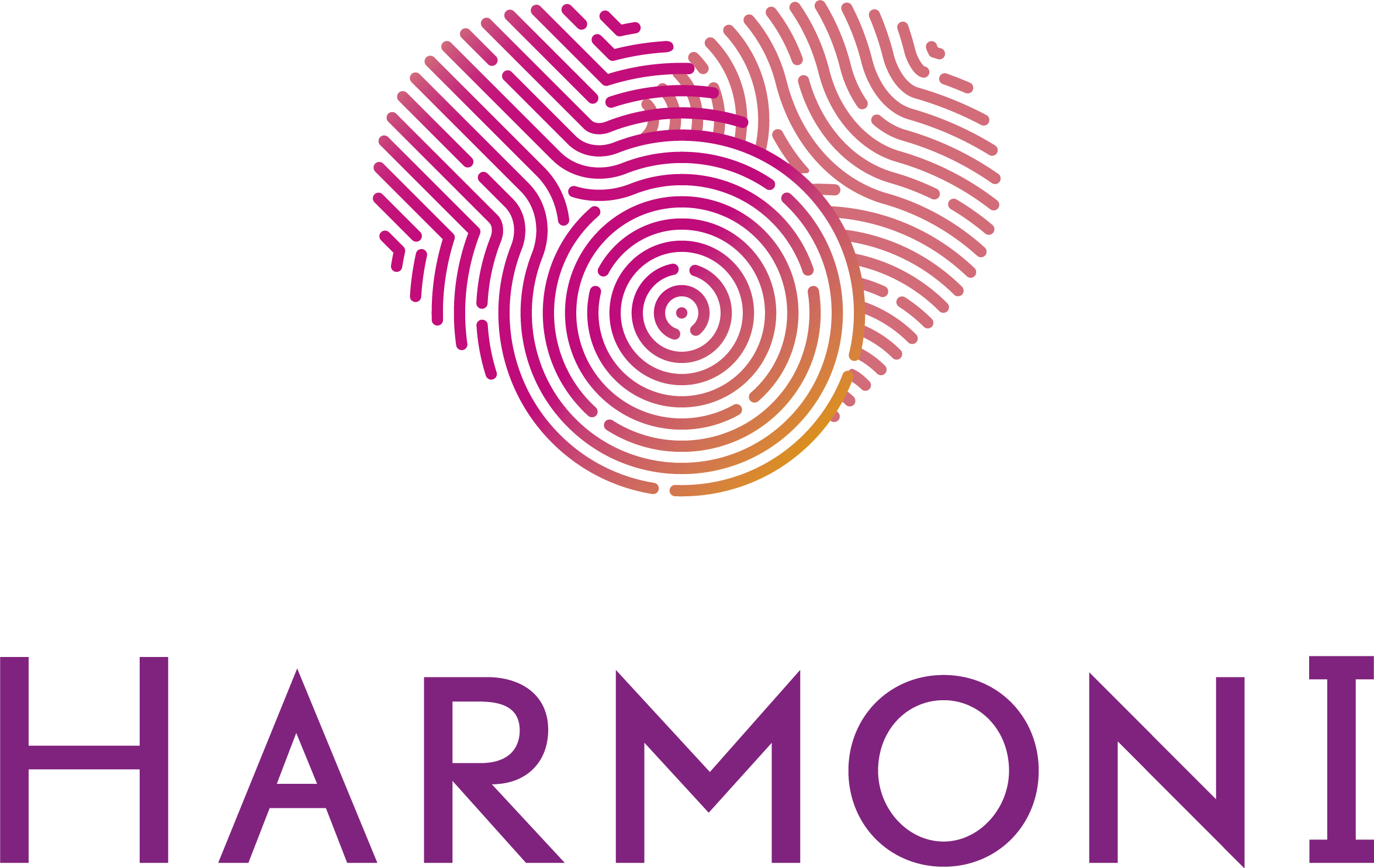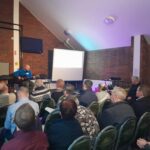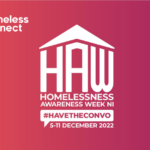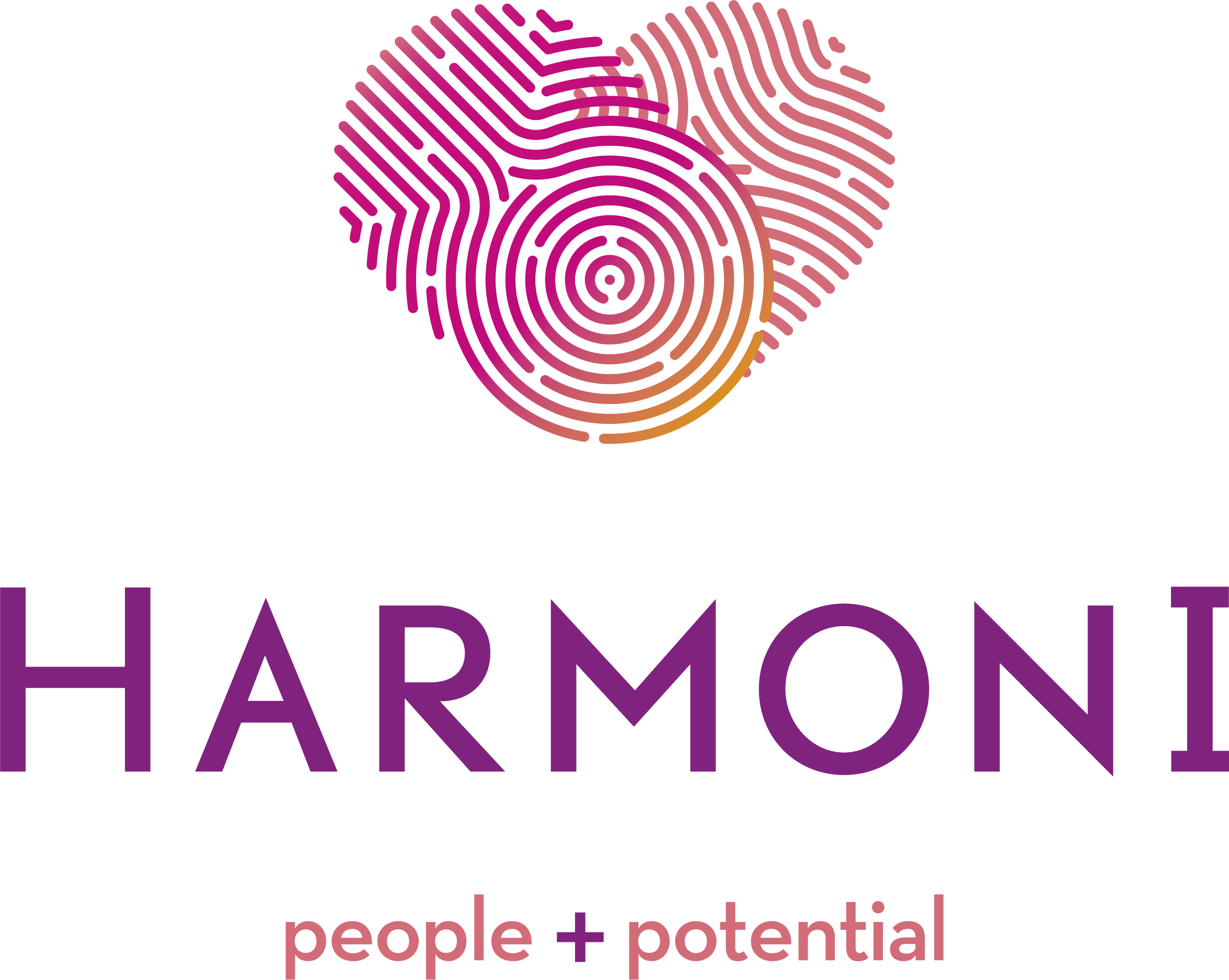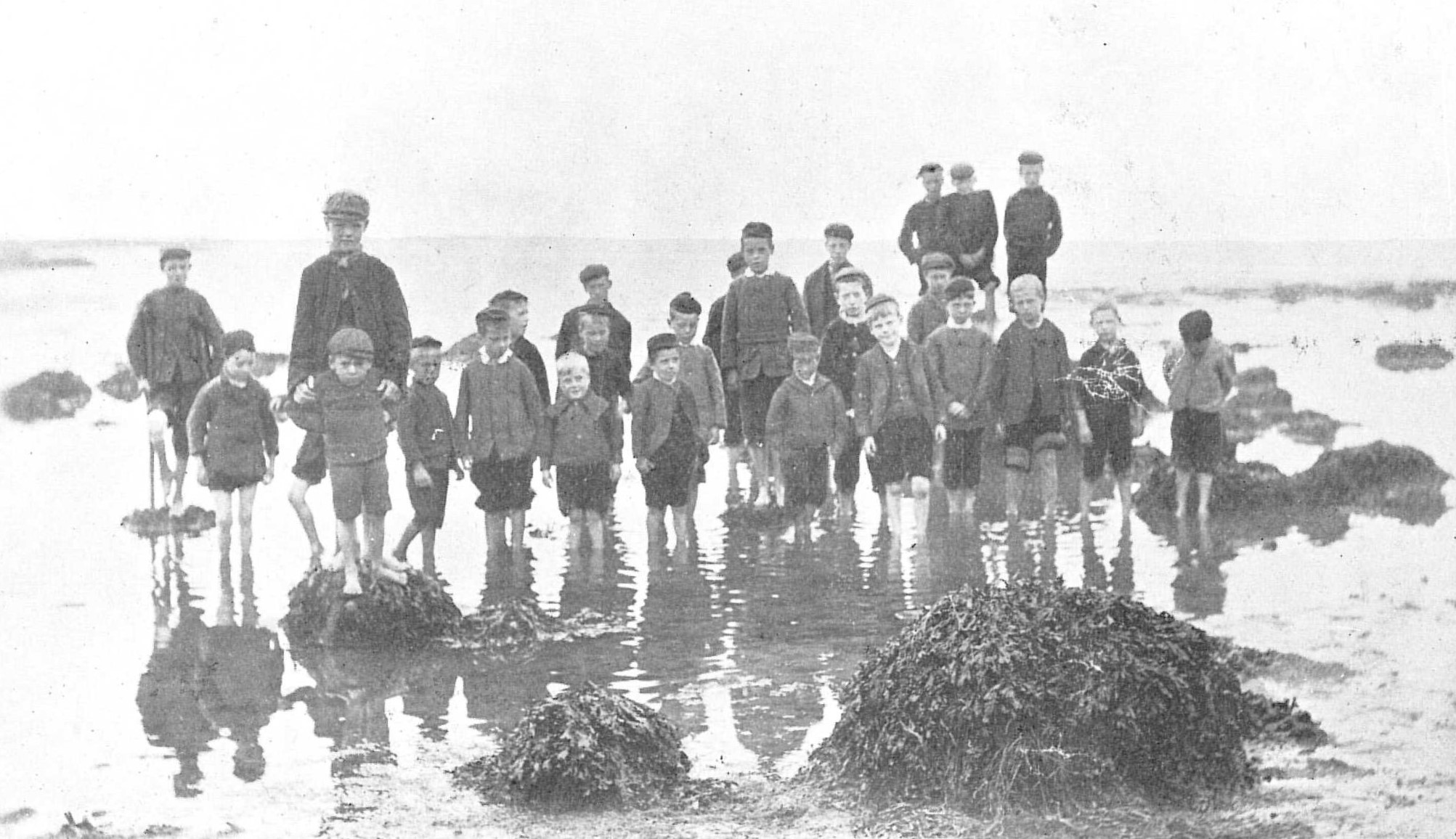
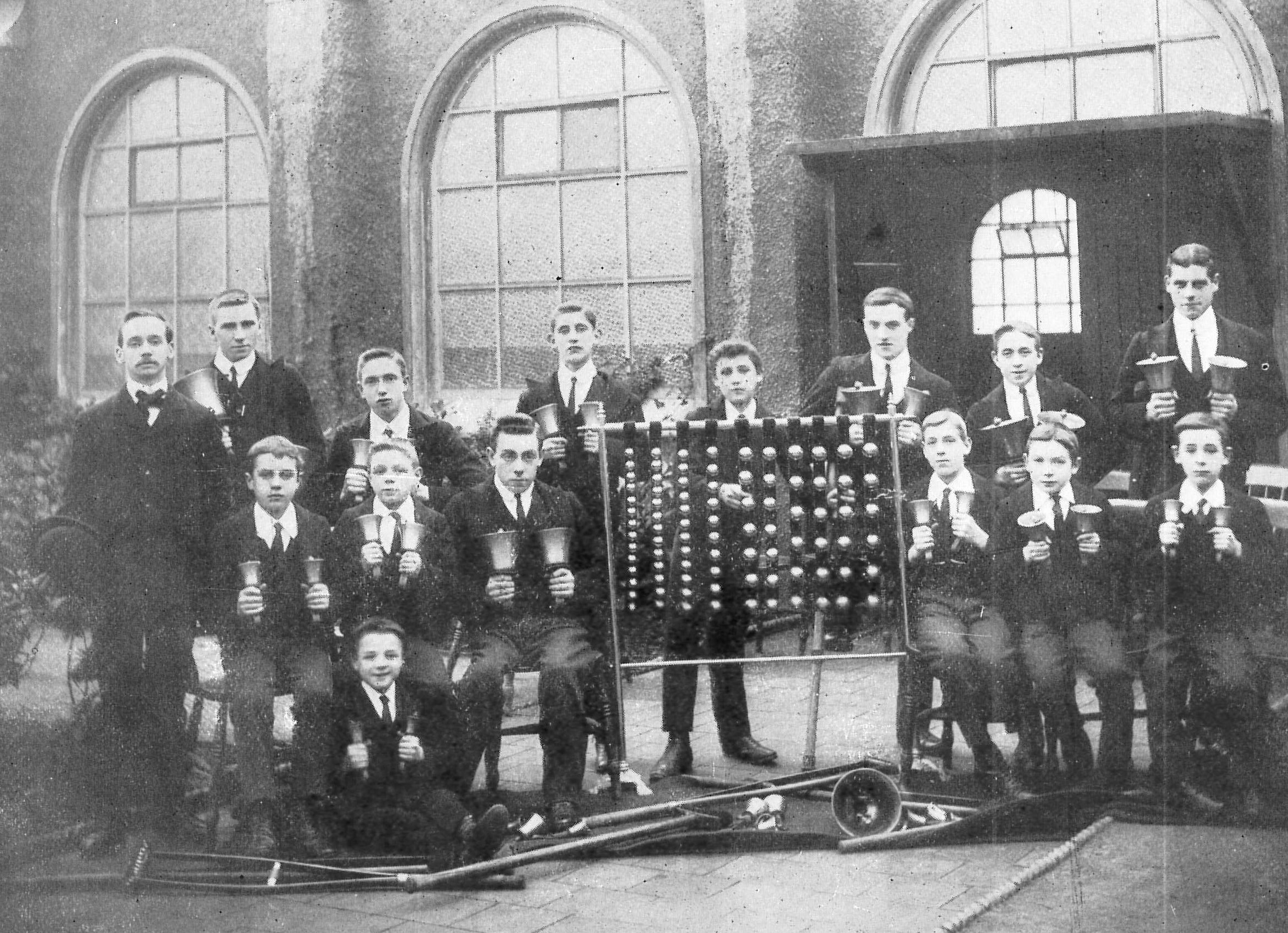
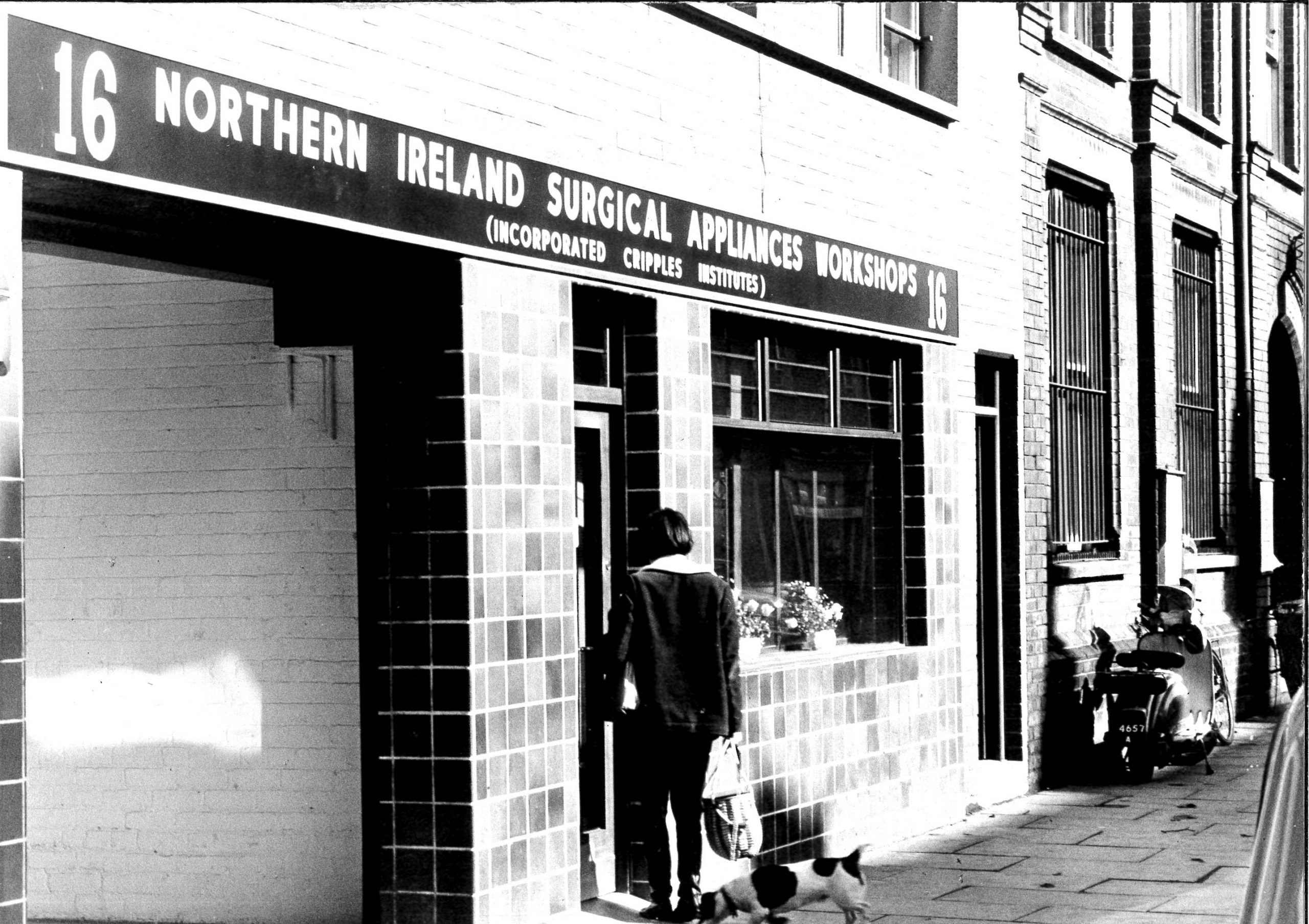
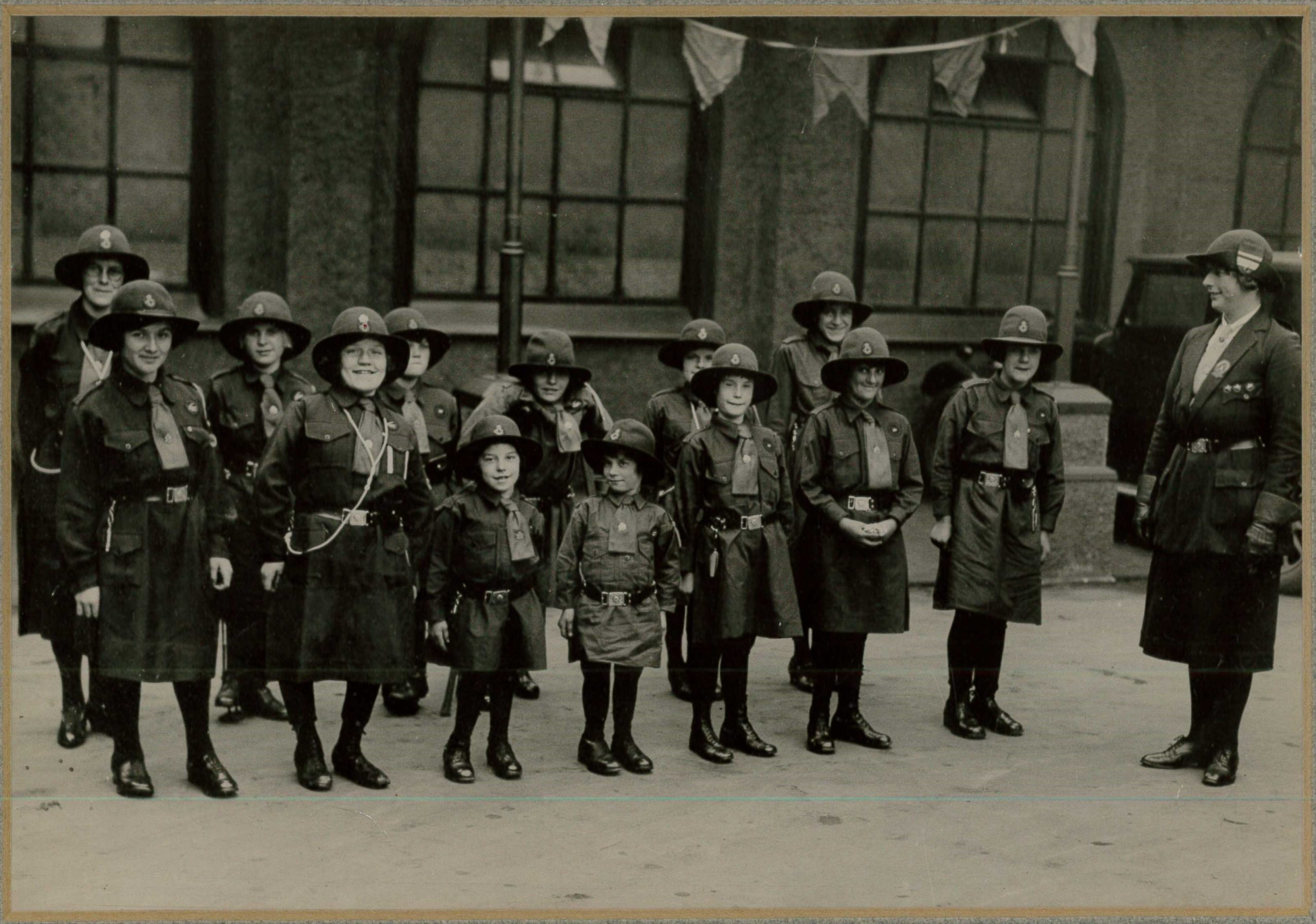
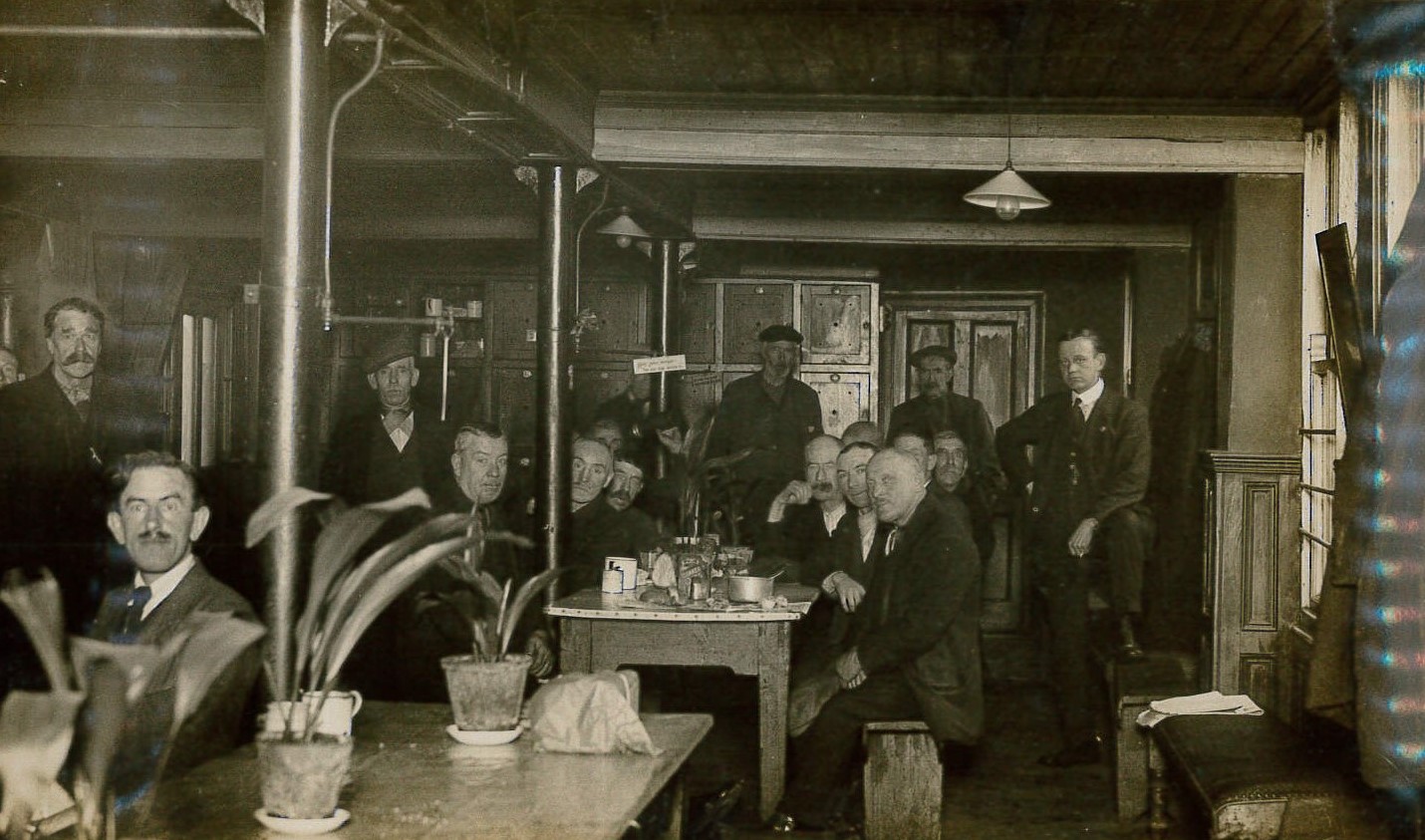
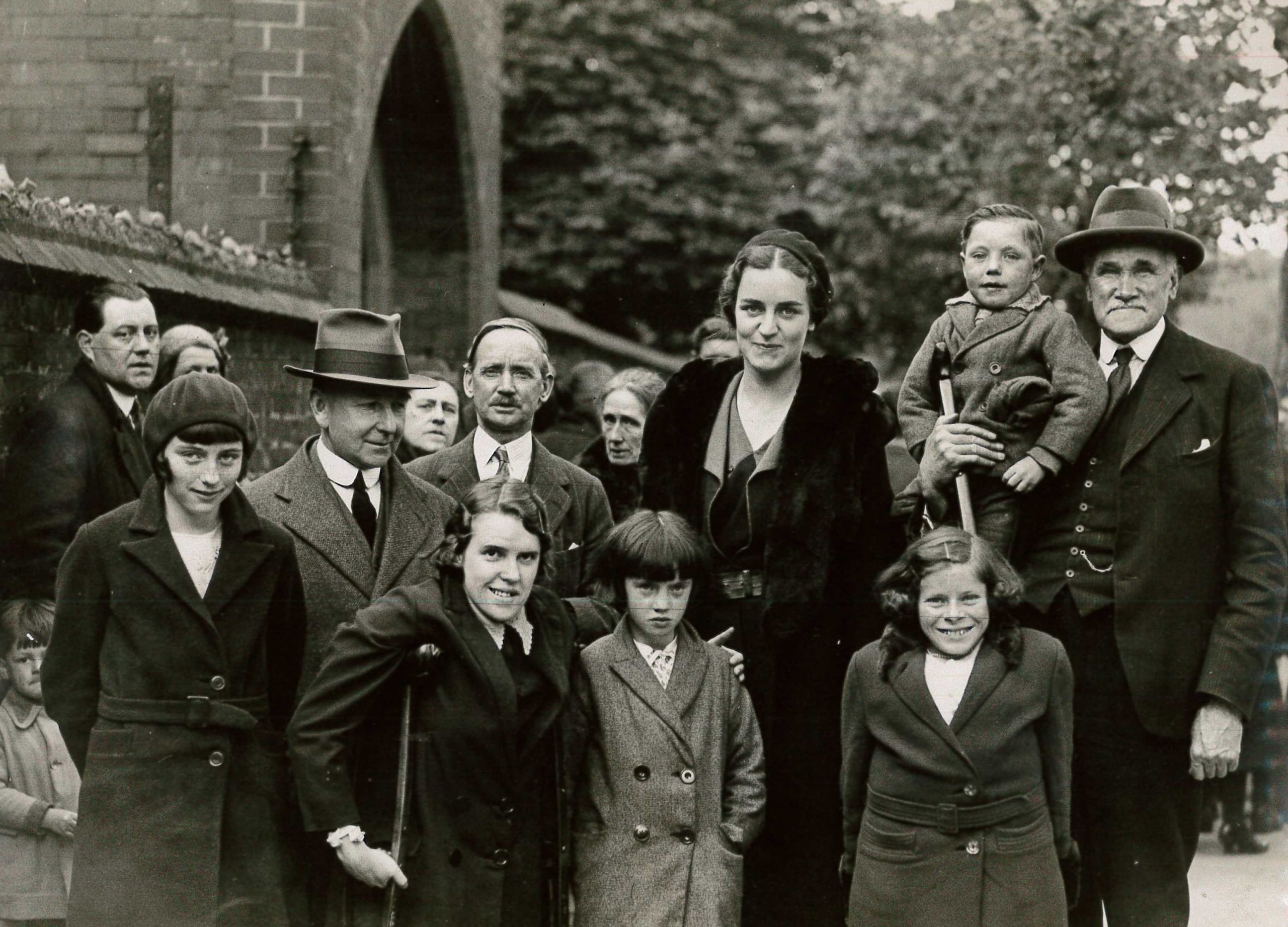
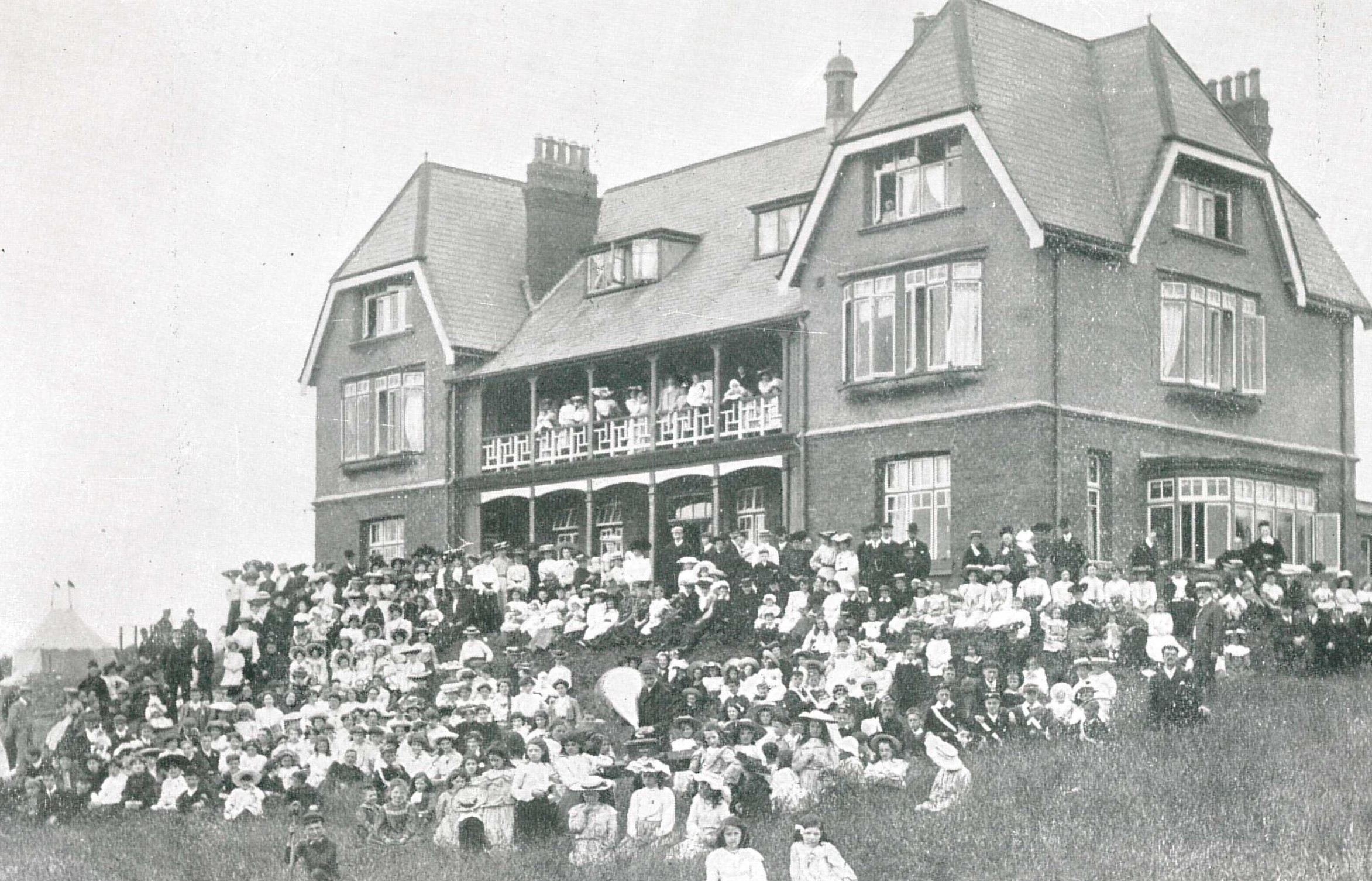
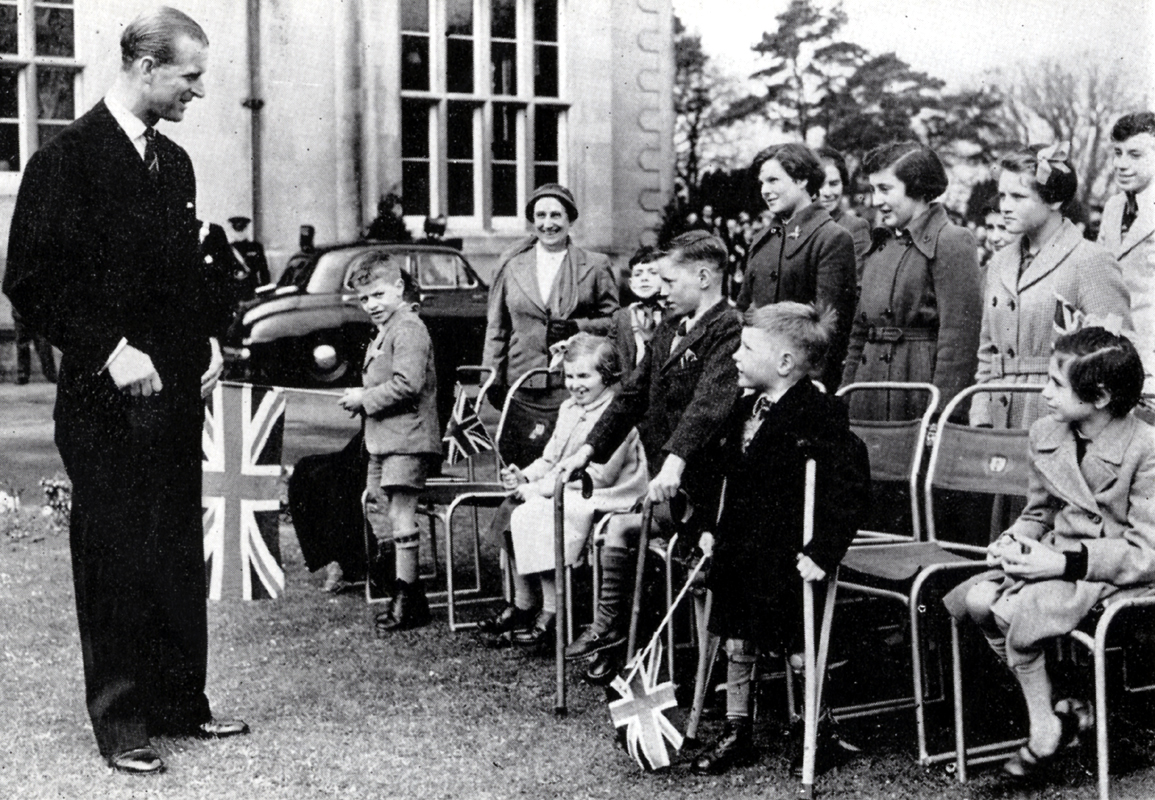
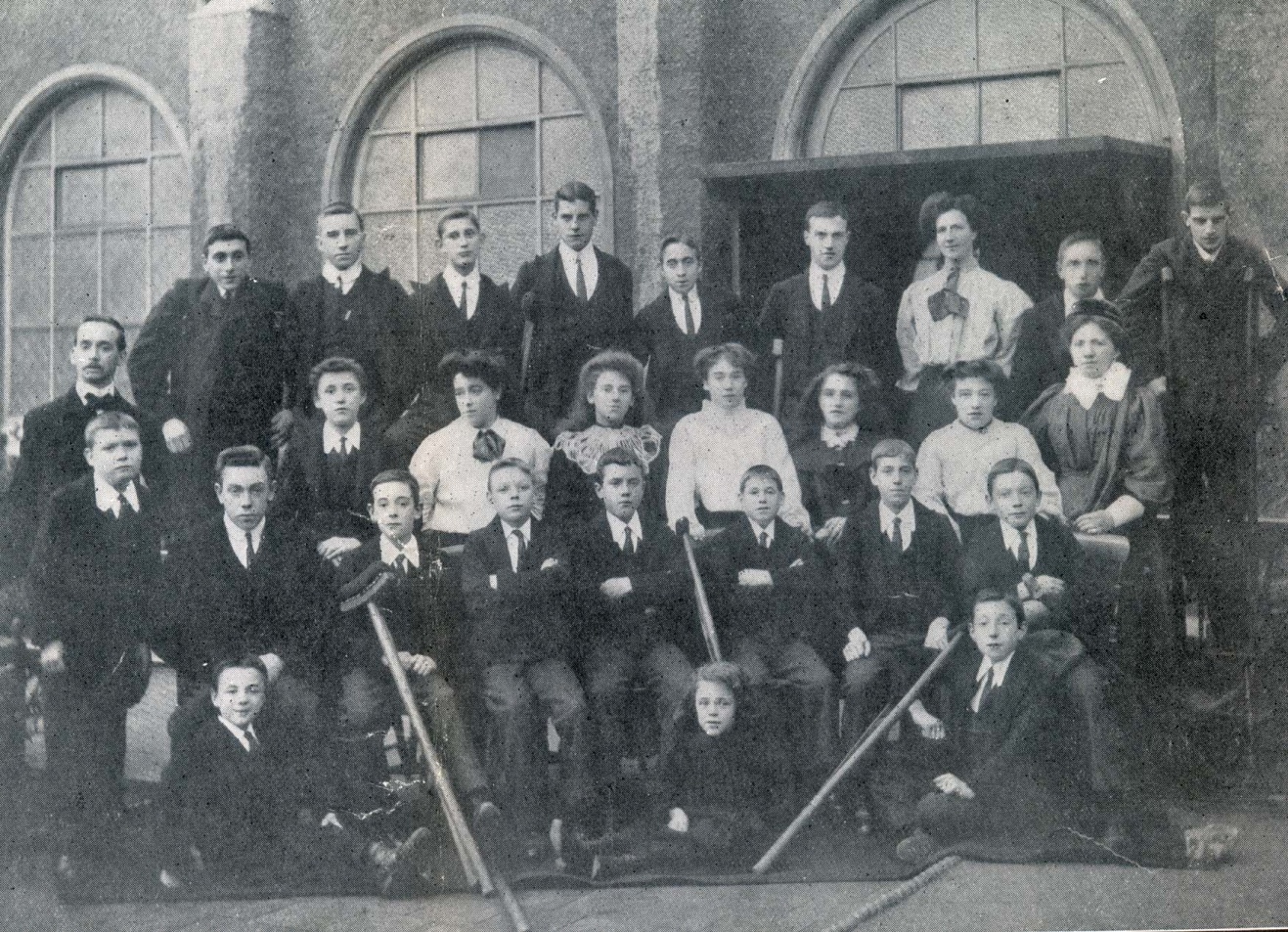
The Early Days
Harmoni, previously known as the Northern Ireland Institute for the Disabled, has a deep and rich history. The 144-year-old organisation was founded as the Cripples Institute in 1878 by Lord Mayor John Browne and his brother Thomas. In the early days the brothers provided coal distributions and relief works to working class citizens of Belfast during a time of economic hardship compounded by a severe winter. Another brother, L.A. Browne, later opened a mission hall in Felt Street that was used as a National School, bringing education, religion and other activities under the same roof. From these roots the organisation grew and branched out offering support to individuals facing disadvantages.
Time Line
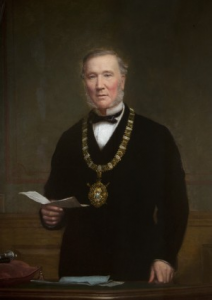
Lord Mayor John Browne
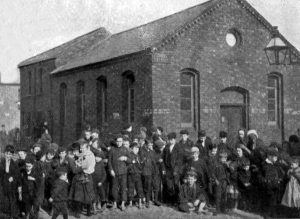
The Felt Street Mission
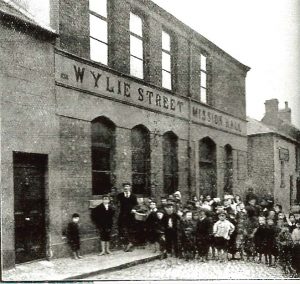
The Wylie Street Mission Hall
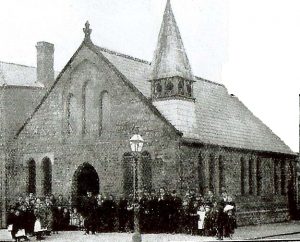
The Bethal Mission
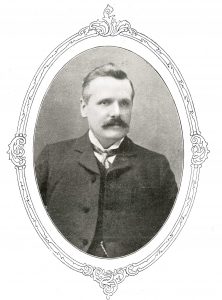
A.W Vance
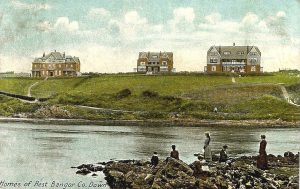
The Homes of Rest Strickland’s Bangor
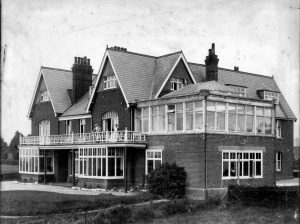
Stewart Memorial House
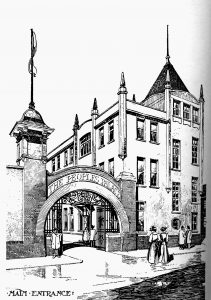
Drawing of The People’s Palace
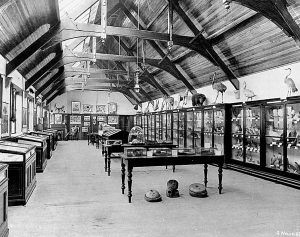
The Patterson Museum and Gallery – The People’s Palace
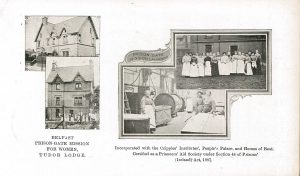
The Prison Gate Ministry – Tudor Lodge
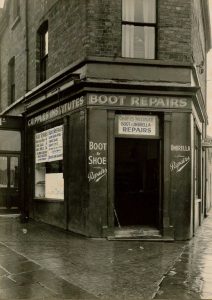
Old Park Road Workshop – Boot Repairs
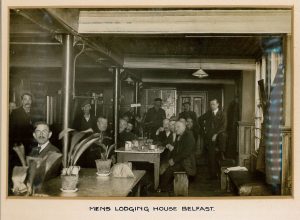
Houses for Homeless Men
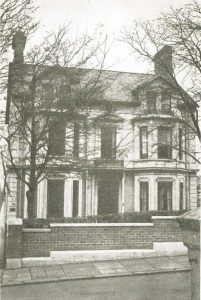
Derryvolgie Women's Home
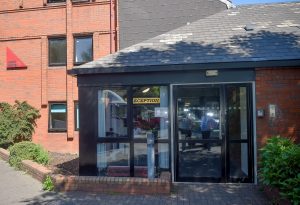
Utility Street Hostel Belfast
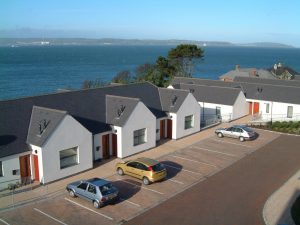
Strickland’s Care Village Bangor
The Next Generation
The children of Browne were involved with his work from a young age and carried on his mission. Browne’s daughter married A.W Vance, a banker, who later bought land at Stricklands and the Home of Rest for Women and Girls was opened in 1890. For many years over 3000 women and girls passed through the home and benefited from a break from cramped and busy city life. Following the success of the Home for Rest for Women and Girls, soon a Home for Men and Boy’s was built on site at Stricklands also. The home was open all year round and was used as a nursing home for soldiers returning from the Boer War.
Stewart Memorial House
The family did not stop there. They identified another need, people living with disability in Belfast was a common sight yet there was little help and support at this time. Fund raising activities saw the opening of Stewart Memorial Home for the disabled at Stricklands. Over the years the home was used for many functions from an infirmary and workshop in the 1950’s to a school for people with disabilities in the mid 1980’s. Most recently, around the year 2000, Stewart Memorial House became a Nursing Care Home, it sadly closed in early 2016.
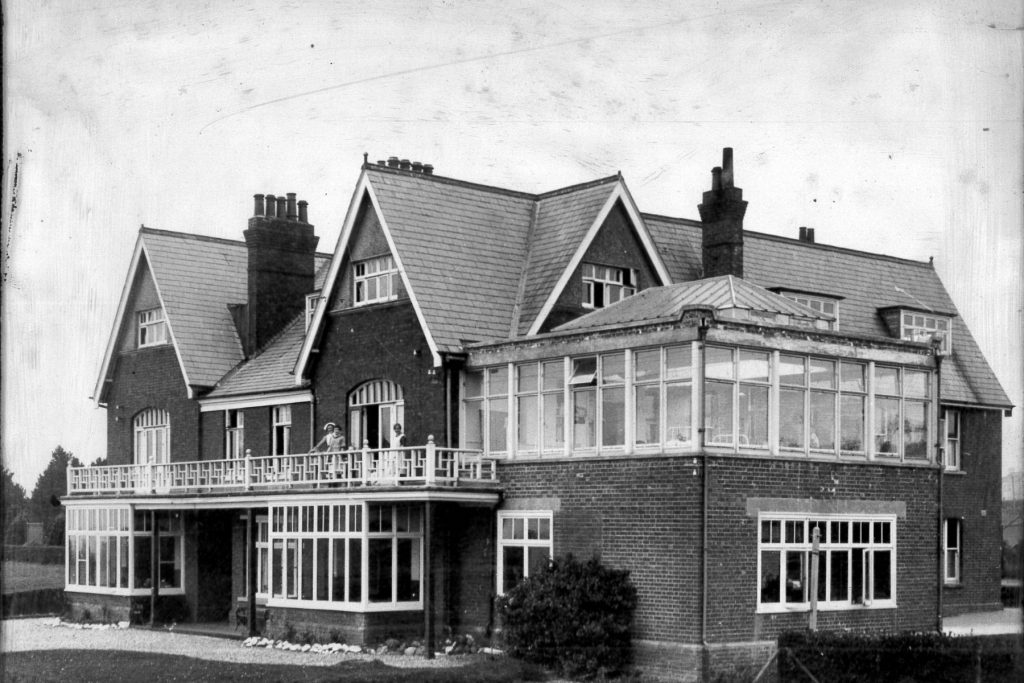
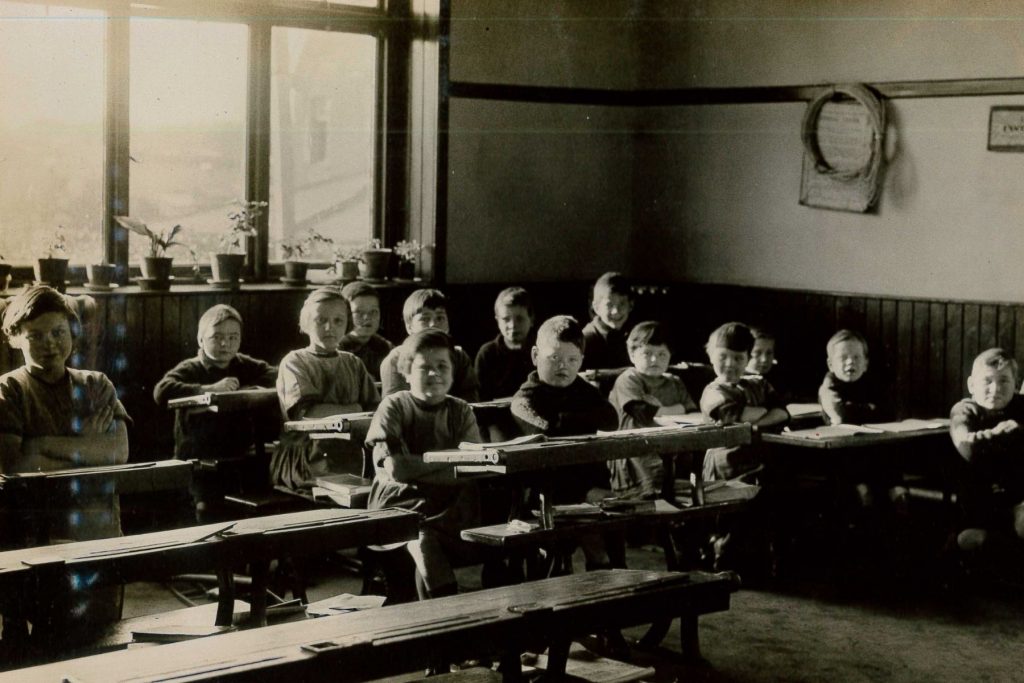
The People's Palace
Following the success of the three homes at Stricklands, the Vance’s next venture was tackle the lure of the gin palace. On the Donegall Road, where today sits Utility Street Men’s Hostel, land was bought and the People’s Palace was built. The Palace offered a training home, orphanage, residential home, medical facilities and a care home for the citizens of Belfast. There was also a gymnasium and swimming pool as well as a day nursery, museum and art gallery. The People’s Palace was a great success and many people benefited from the support offered over the years. Sadly, the last vestiges of the building known as the People’s Palace was demolished some 21 years ago and no longer stands today but many people still alive remember it fondly as a place of support and care when nothing else could be found.
The Story Today
Today Harmoni operates two main sites, Strickland’s Care Village – a supported living service for individuals with disabilities – and Utility Street Men’s Hostel. Although services today have changed somewhat significantly to those in previous generations, our mission and drive remains the same: to help individuals with disability and societal disadvantage thrive and live independent, quality lives.
As part the organisations celebration of 140 years of service, historian Phillip Orr authored a book on the history of the Harmoni. To request a copy and find out more about our heritage please do not hesitate to contact us.
